

James Wong
2025 Mazda CX-5 G25 Touring AWD review
5 Days Ago
Renault's CEO has confirmed the brand is in talks with VW to partner on entry-level EVs, starting with the upcoming Twingo city hatch.

Marketplace Editor
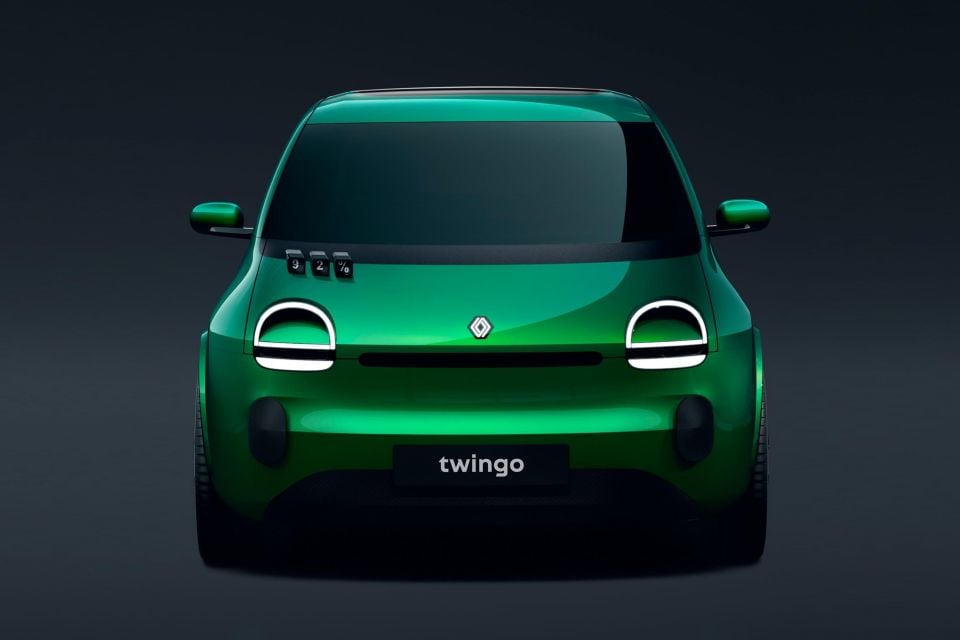

Marketplace Editor
The upcoming electric rebirth of the Renault Twingo could spawn an affordable electric vehicle (EV) partnership with Volkswagen, the French brand’s CEO has confirmed.
Speaking with industry journal Automotive News Europe at this week’s Geneva motor show, Renault CEO Luca de Meo said the French carmaker is in talks with a number of potential partners for the new Twingo, due to launch as early as 2026 with a target price of less than €20,000 (A$33,382).
Mr de Meo said Renault is in “good discussions” with Volkswagen to partner on the Twingo project and share platforms, which would be a logical pathway towards VW’s own plans to launch a successor to the e-Up! city hatchback at a similar price point.
The Twingo was recently previewed by a retro-inspired electric concept car, with the production model to be based on a shortened version of the AmpR compact EV architecture which underpins the Renault 5 (R5), revealed at this week’s Geneva event.
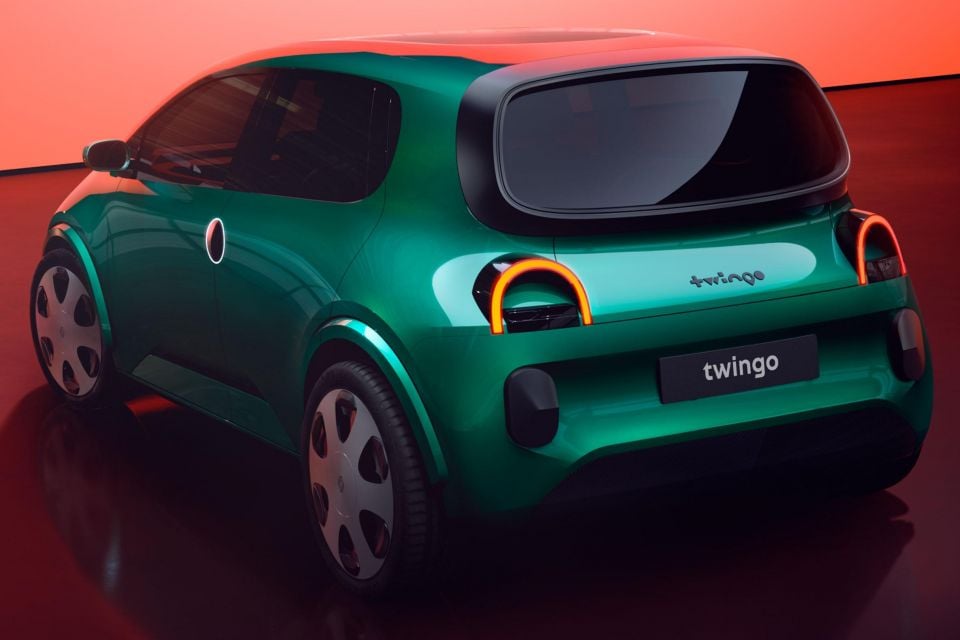
Automotive News Europe reports Mr de Meo has flagged lithium iron phosphate (LFP) batteries as one of several measures to help reduce costs for the Twingo, in addition to other measures that should achieve a targeted 40 per cent reduction in production costs for the Twingo compared to current EVs.
Some of these initiatives include parts reduction, shorter manufacturing times, speed to market and cheaper battery chemistries, Mr de Meo told the publication. These will also apply to the Renault 4 and Renault 5 during their product lifecycles.
“All the things that we will do in the Twingo will revert to the 5 and the 4, so their price will go down,” Mr de Meo said.
Renault’s boss confirmed to Automotive News Europe the French brand will forge ahead with the Twingo regardless of whether it finds a partner or partners, saying: “I don’t have any time to waste, so I will not postpone it”.
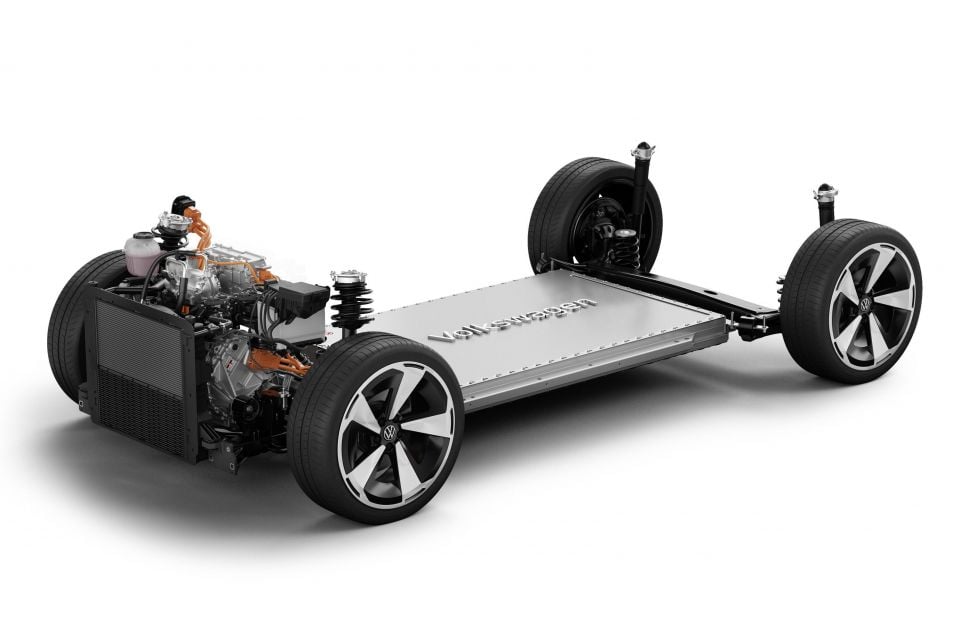
Volkswagen has also committed to an entry-level electric vehicle for a 2026-27 introduction to slot under the production version of the ID.2all concept, which like the Renault Twingo will have a target base price of less than €20,000.
While direct conversions to Australian currency aren’t always indicative of market positioning, that sort of price point means VW is aiming to have an EV the price of a base Polo, which in Australia kicks off at $29,490 plus on-road costs.
The new entry-level EV is a joint project between the Volkswagen and Skoda brands, and effectively succeeds the e-Up! as well as the Skoda Citigo e iV and SEAT Mii Electric – for reference, these start around the €25,000 (A$41,727) mark.
Europe’s major car brands are in a rush to come to market with affordable EVs to challenge emerging Chinese nameplates. Stellantis recently revealed the sub-€25,000 Citroen e-C3, which will soon add a short-range version to hit the sub-€20,000 price target.
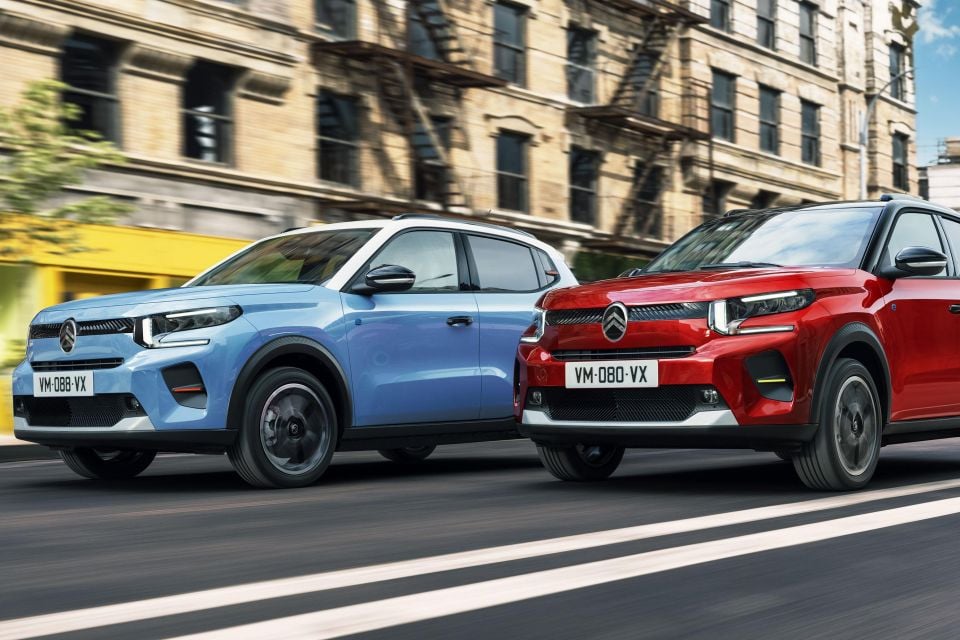
Collaborations between manufacturers in Europe are nothing new, particularly for city cars and commercial vehicles. Toyota partnered with Peugeot-Citroen on the Aygo, 108 and C1; while Ford and Fiat collaborated to bring the second-gen Ka to market on the Fiat 500 platform.
Such partnerships are necessary these days, as tightening emissions regulations continue to push brands out of entry-level vehicle segments.
“Nobody is able to produce small cars profitably,” Mr de Meo told Automotive News Europe.
Prior to his current role as Renault’s CEO, Mr de Meo is credited with leading Fiat to making the reborn 500 a success, and more recently was the head of Seat, Volkswagen’s Spanish sub-brand.
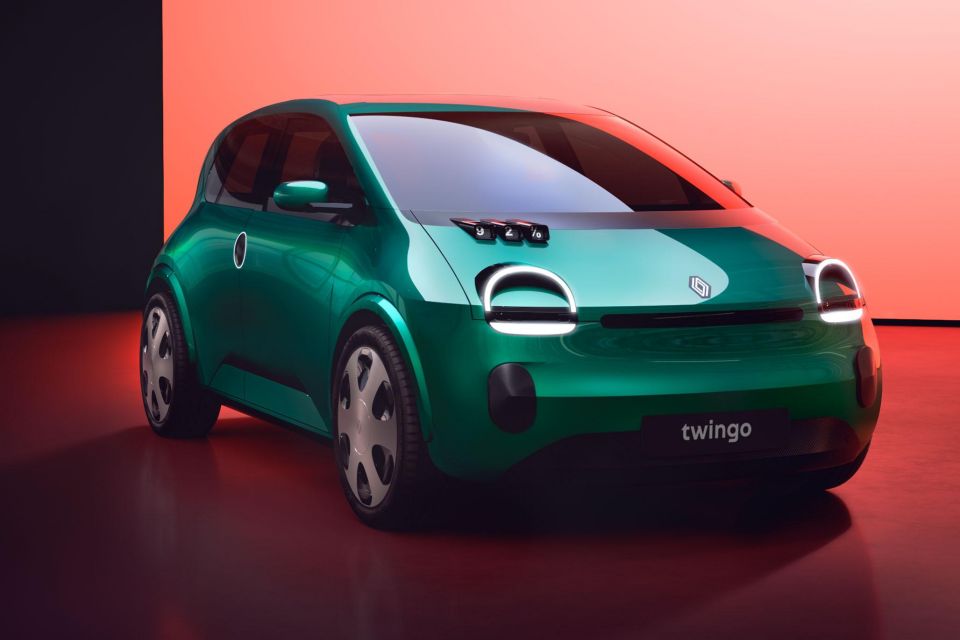
James is an automotive journalist based in Melbourne, Australia. Before joining CarExpert.com.au in 2020, James has worked at leading auto media outlets including Carsales and CarAdvice, as well as at Pulse agency for Ford Australia's communications team. In 2019 James made Mumbrella's 'Top 20 most prolific web authors in Australia' list after publishing 1,360 articles between March 1, 2018 and February 28, 2019 for CarAdvice. James is also an Ambassador for Drive Against Depression – an Australian charity whose mission is to support mental wellness through the freedom of driving and a shared love of cars.


James Wong
5 Days Ago


Max Davies
4 Days Ago
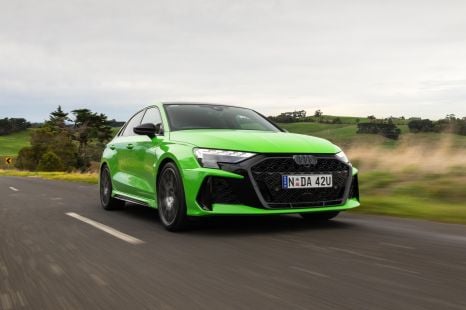

Josh Nevett
3 Days Ago
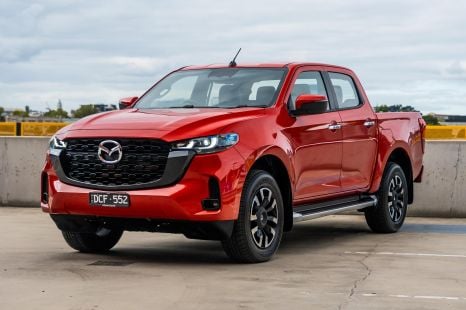

Josh Nevett
2 Days Ago
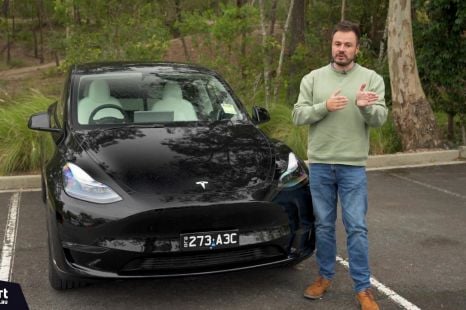

Paul Maric
1 Day Ago


Damion Smy
17 Hours Ago